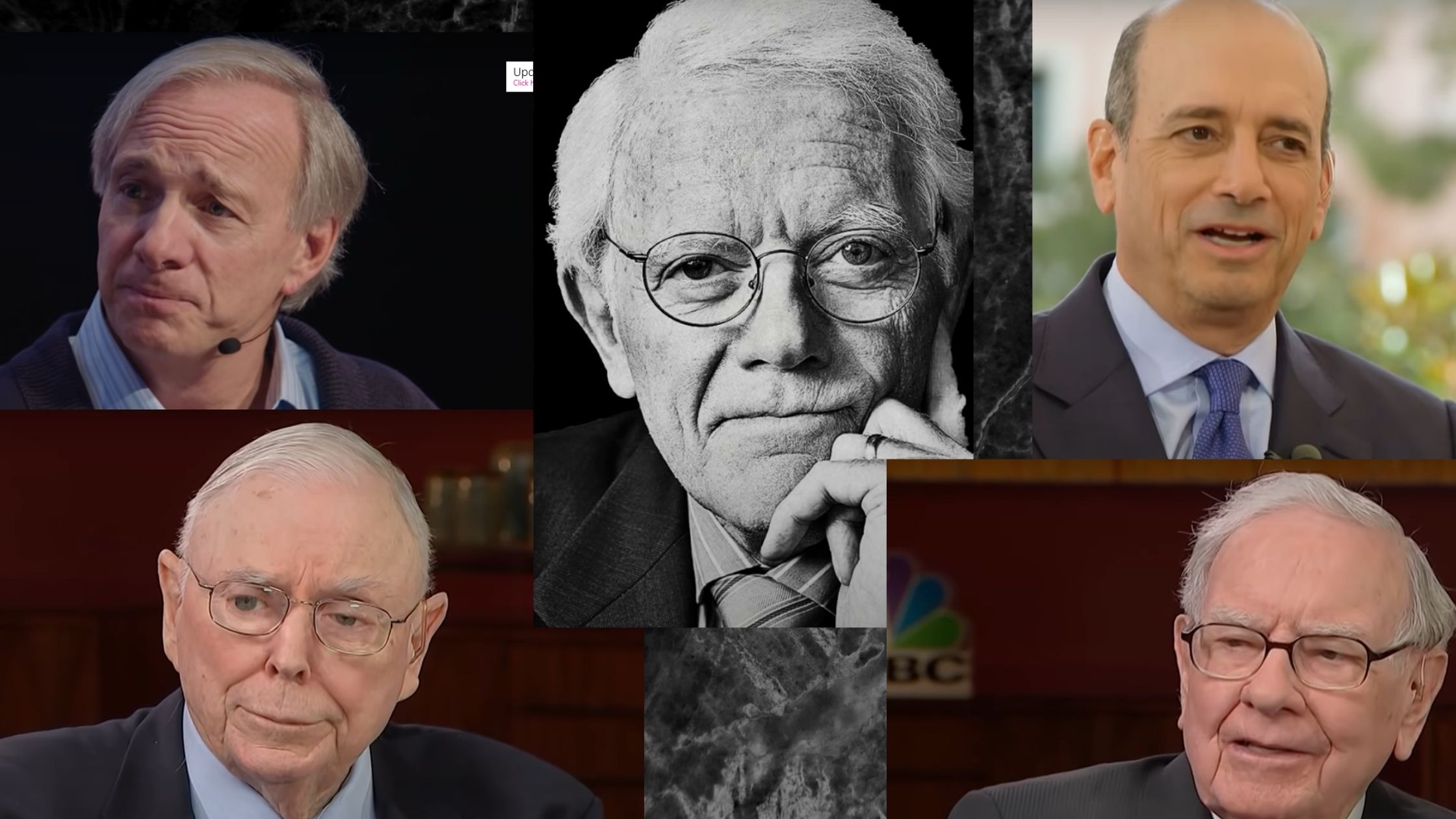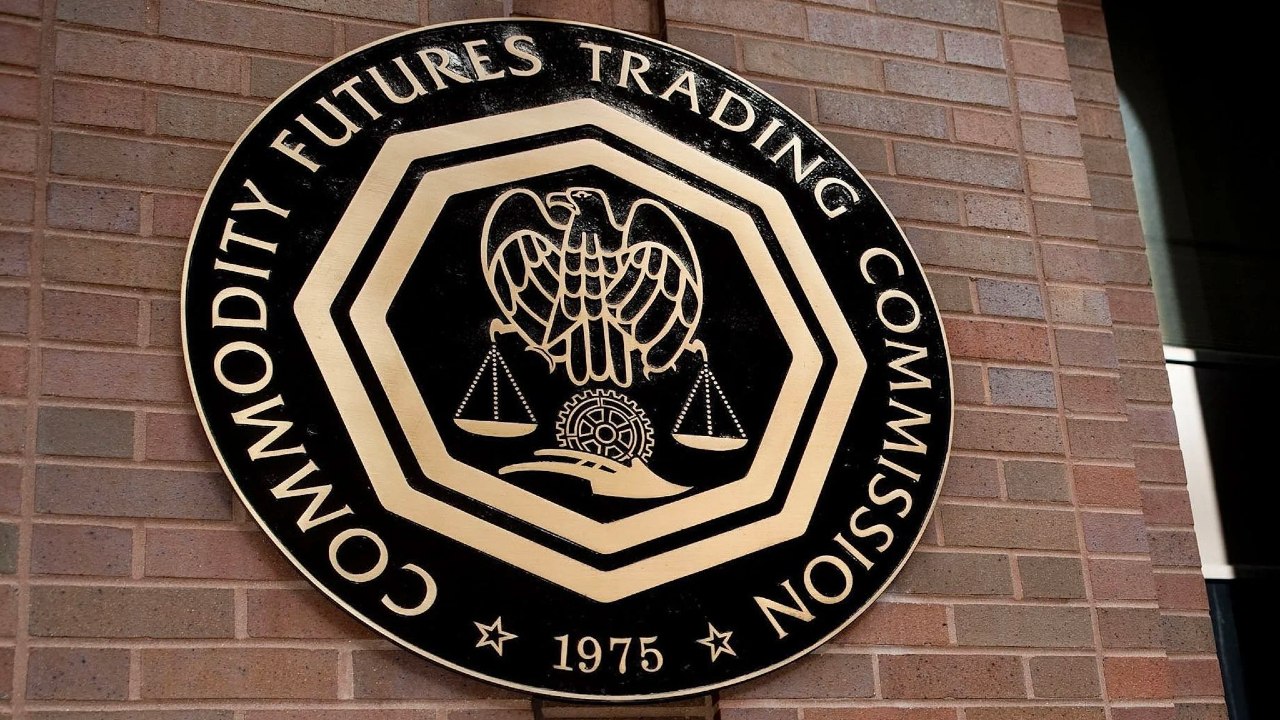Big money managers are like rock stars of the financial world. The biggest investors have made a fortune from their success and, in many cases, have helped millions generate similar returns.
These traders vary greatly in the strategies and philosophies they employ in their trading; some found new and innovative ways to analyze their investments, while others chose securities almost purely on instinct. Where these traders do not differ is in their ability to consistently beat the market.
Benjamin Graham
Ben Graham excelled as an investment manager and financial educator. He wrote two investment classics of unparalleled importance, among other works. He is also universally recognized as the father of two core investment disciplines, security analysis and value investing.
The essence of Graham’s value investing is that any investment must be worth far more than what an investor has to pay. He believed in fundamental analysis and looked for companies with strong balance sheets or little debt, above-average profit margins and ample cash flow.
John Templeton
One of the last century’s most dissident John Templeton is said to have bought low during the Depression, sold high during the Internet boom, and made more than a few good calls in between. Templeton has created some of the largest and most successful international mutual funds in the world. Templeton sold its funds to the Franklin Group in 1992. In 1999, Money magazine named him “arguably the largest global stock aggregator of the century” described as. Templeton, a British citizen living in the Bahamas, was honored by Queen Elizabeth II for her many achievements. He was knighted by Elizabeth.
Thomas Rowe Price Jr.
Thomas Rowe Price Jr., “Father of growth investment” It is considered. He spent his developmental years battling depression, and the lesson he learned was not to stay out of stocks, but to embrace them. Price saw financial markets as cyclical. As someone who went against the crowd, he started investing in good companies for the long term, which was almost unheard of at the time. His investment philosophy was that investors should focus more on collecting individual stocks over the long term. Discipline, process, consistency and fundamental research have been the foundation of a successful investing career.
John Neff
Neff joined Wellington Management Co. in 1964 and remained with the company for more than 30 years, managing three of its funds. His preferred investment tactic included investing indirectly in popular industries and was considered a value investor as he focused on companies with low P/E ratios and strong dividend yields. . He managed the Windsor Fund for 31 years (which ended in 1995) and over the same time period had a return of 13.7% versus 10.6% for the S&P 500. That’s more than 53 times the return on the initial investment made in 1964.
Jesse Livermore
Jesse Livermore had no formal education or stock trading experience. He was a self-made man who learned from his losers as well as from his winners. It was these successes and failures that helped the trading ideas that can still be found in the market today. Livermore started trading in his early teens, and by the time he was sixteen he was reported to have earned over $1,000, which was big money in those days. Over the next few years, he made money by betting against so-called “bucket shops” that did not handle legitimate trades, with customers betting against the cashier on stock price movements.
Peter Lynch
Peter Lynch ran the Fidelity Magellan Fund from 1977 to 1990, during which time the fund’s assets grew from $18 million to $14 billion. More importantly, Lynch reportedly surpassed the S&P 500 Index benchmark in 11 of these 13 years, with an average annual return of 29%.
Usually a chameleon Peter Lynch, who is described as a spy, has adapted to the investing style that worked at the time. But when it came to choosing specific stocks, Peter Lynch stuck to what he knew and/or could easily understand.
George Soros
George Soros was adept at translating far-reaching economic trends into highly leveraged, murderous plays on bonds and currencies. As an investor, Soros was a short-term speculator and made big bets on aspects of the financial markets. In 1973, George Soros founded the hedge fund company Soros Fund Management, which eventually grew into the well-known and respected Quantum Fund. For almost two decades, he has managed this aggressive and successful hedge fund, reportedly yielding more than 30% per year and twice, over 100% annual returns.
Warren Buffett
“ Oracle of Omahai”, Warren Buffett is seen as one of the most successful investors in history.
Benjamin Grahammainly by following the principles laid down by Berkshire Hathaway He amassed a billion-dollar fortune by buying stocks and companies through him. Those who invested $10,000 in Berkshire Hathaway in 1965 earned over $165 million today.
Buffett’s investing style, based on discipline, patience, and value, has consistently outperformed the market for decades.
John (Jack) Bogle
Bogle founded the Vanguard Group mutual fund company in 1975, making it one of the world’s largest and most respected fund sponsors. Bogle pioneered the no-load mutual fund and advocated low-cost index investment for millions of investors. He created and introduced the first index fund, the Vanguard 500, in 1976. Jack Bogle’s investment philosophy advocates capturing market returns by investing in broad-based index mutual funds that are no-load, low-cost, low-return and passive..
Carl Icahn
Carl Icahn is an activist and belligerent investor who uses his ownership positions in publicly traded companies to force changes to increase the value of his shares. Icahn began his corporate raiding activities in earnest in the late 1970s and stepped into the big leagues with his hostile takeover of TWA in 1985. Icahn most ” Icahn lift It is famous for. This is Wall Street’s motto that describes the upward jump in a company’s stock price, which typically occurs when Carl Icahn begins buying shares of a company he believes is poorly managed.
William H. Gross
Bill Gross, considered the “king of bonds”, is the world’s leading bond fund manager. As the founder and managing director of the PIMCO family of bond funds, he and his team have more than $1.92 trillion in fixed income assets under management.
In 1996, Gross was the first portfolio manager to be inducted into the Fixed Income Analyst Association’s Hall of Fame for his contributions to the development of bond and portfolio analysis.
Final Words
As every seasoned investor knows, charting your own path and generating long-term, market-beating returns is no easy task. As such, it’s easy to see how these investors have earned their place in financial history.







